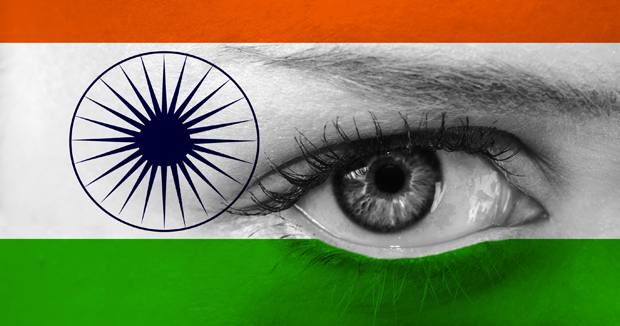The Global Network Initiative (GNI) and the Internet and Mobile Association of India (IAMA) have launched an interactive slide show exploring how India’s internet and technology laws are holding back economic innovation and freedom of expression.
India, which represents the third largest population of internet users in the world, is at crossroads: while the country protects free speech in its constitution, restrictive laws have undermined Indias record on freedom of expression.
Constraints on digital freedom have caused much controversy and debate in India, and some of the biggest web host companies, such as Google, Yahoo and Facebook, have faced court cases and criminal charges for failing to remove what is deemed objectionable content. The main threat to free expression online in India stems from specific laws: most notorious among them the 2000 Information Technology Act (IT Act) and its post-Mumbai attack amendments in 2008 that introduced new regulations around offence and national security.
In November 2013, Index launched a report exploring the main challenges and threats to online freedom of expression in India, including takedown, filtering and blocking policies, and the criminalisation of online speech.
This article was posted on Aug 1, 2014 at indexoncensorship.org





